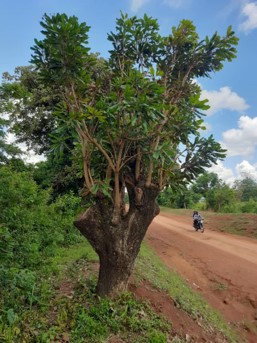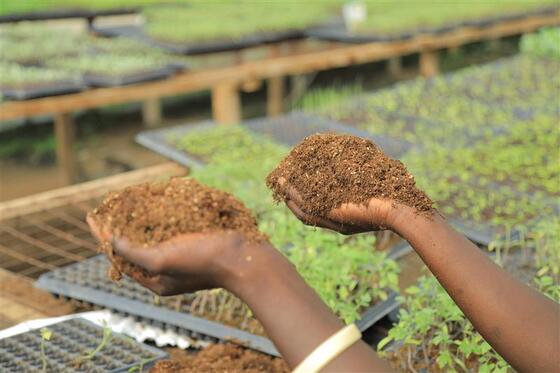Uganda’s rural agricultural markets, like many in Africa, can be typically characterised by low farmer productivity. One of the primary reasons for this is that farmers have poor access to inputs and inadequate information on how to correctly use them, resulting in lower yields and, ultimately, reduced household income.In Northern Uganda (NU), low productivity causes farmers to produce low quantities of crops, making it difficult for processors and off-takers to obtain sufficient amounts of raw materials for processing in order to generate a steady profit.
This is particularly true of sunflower production in Northern Uganda. Sunflower is one of the main cash crops produced in the region and many farming households grow it within a mixed farming production system. Sunflower production in NU has faced several challenges, the key ones being; poor quality seeds, poor agronomical practices and poor post-harvest handling. Such challenges typically result in losses to the farmer. As NU is a traditional sunflower growing region, it contains approximately 70 sunflower oil processors, many of them SMEs, with few that can be considered as large-scale.
While yield of sunflower seed has been consistently low (approx. 500kgs per acre) over the last five years, demand for grain has steadily increased and can be attributed to the growing demand for sunflower cake from animal feed producers in Kenya, and a growing market for unrefined vegetable oil in East Africa.



